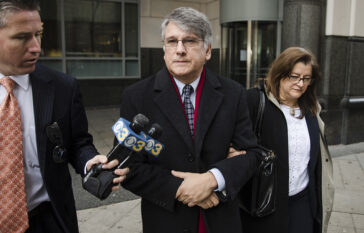Feb. 04, 2022
Best of the Week — First Winner
Exclusive and explosive: WHO leader in Western Pacific accused of racism and abuse
London-based medical writer Maria Cheng, drawing on leaked emails, interviews, recordings and her deep understanding of the World Health Organization, revealed that dozens of staffers have accused Dr. Takeshi Kasai, the U.N. agency’s regional director for much of Asia, of racism and abuse, and that his actions allegedly hampered WHO’s efforts to curb the COVID pandemic in the region.
Cheng obtained internal complaints and talked to current and former staffers who said Kasai had engaged in racist, unethical and abusive behavior. Staffers said the departure of more than 55 WHO personnel from this critical region, most not replaced, significantly contributing to a surge in cases in many countries. Kasai was also accused of sharing COVID information improperly with his home country, Japan, for its political gain.
In an email to the AP, Kasai denied charges of racism and unethical behavior and said he had taken steps to communicate with all his staff.
Cheng’s story was explosive. At Saturday’s closing session of WHO’s board meeting, several countries pressured the organization to investigate the allegations reported by the AP. By Monday, the WHO director-general said an investigation had started.
For deeply reported, groundbreaking work that has had an impact, Cheng is AP’s Best of the Week — First Winner.















